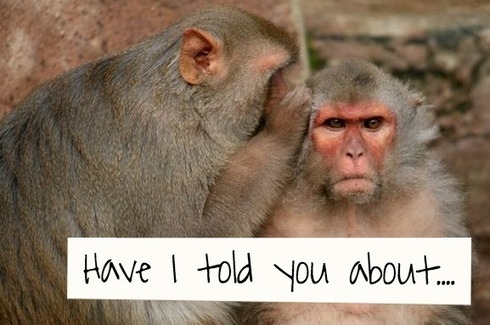Learning to Learn: How To Look Like an Expert From Day One
Working in the world of entrepreneurs and startups has given me a whole new appreciation for the phrase “fake it ’til you make it.” This isn’t to say that everyone who is just getting started in their companies or careers in general is completely faking it, but just that they are doing the right things to position themselves correctly before they might actually be a full-fledged expert.
In this post on Entrepreneur.com, the extremely smart Dorie Clark tackles a question that almost all of us have tried to figure out at one point or another: how do I make myself seem like I know what I’m doing when I’m just getting started?
Read More


























